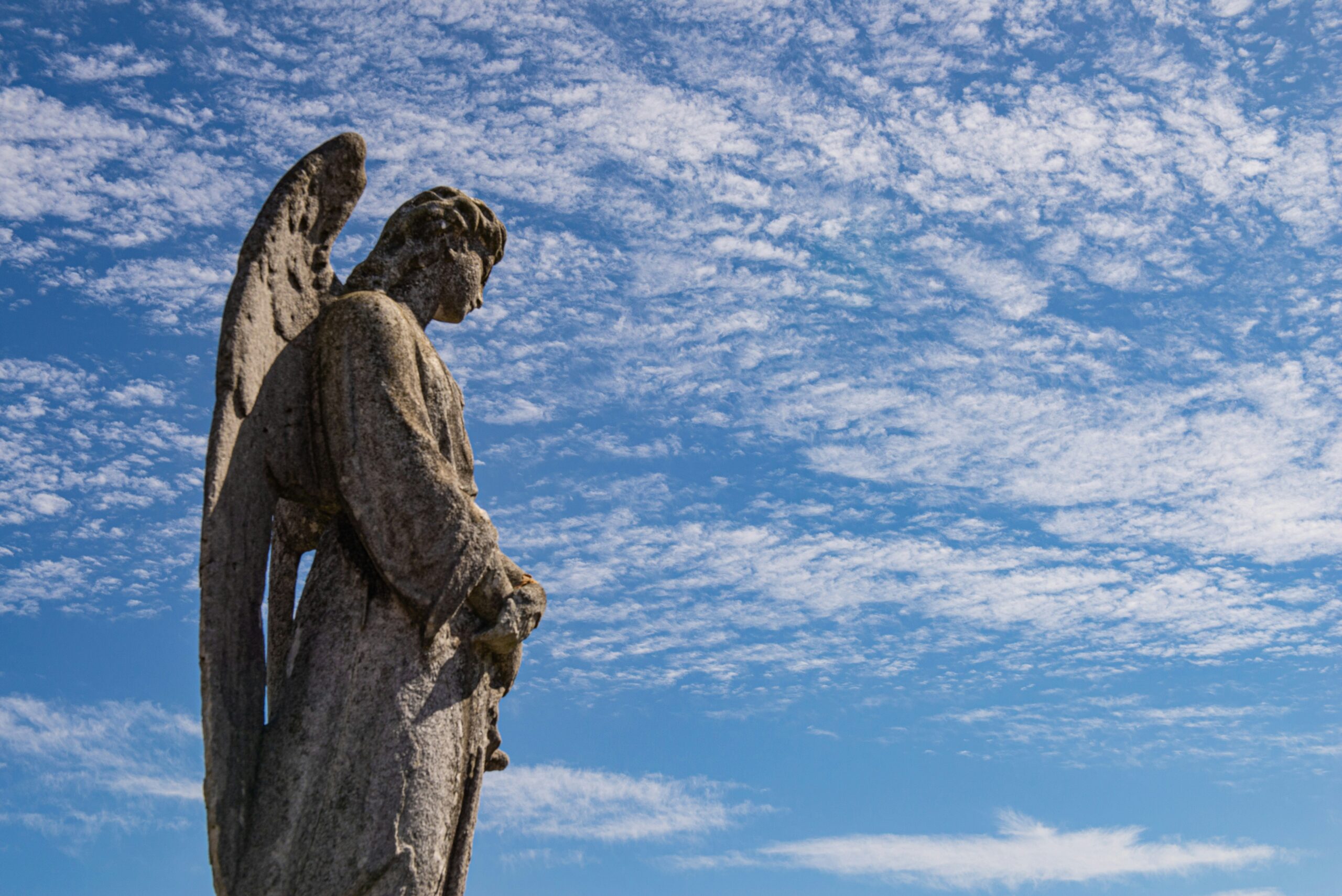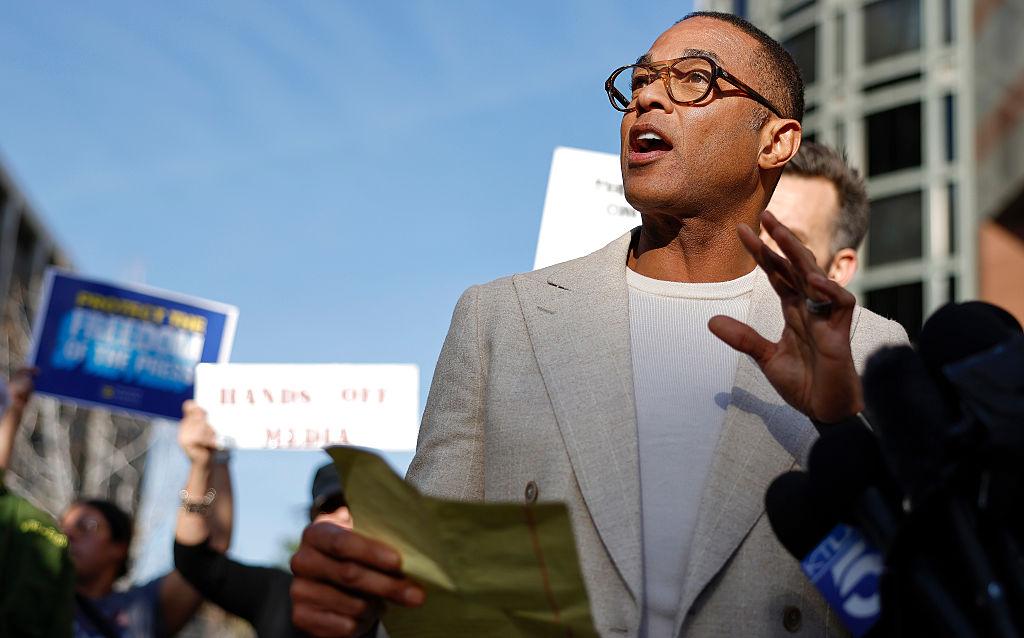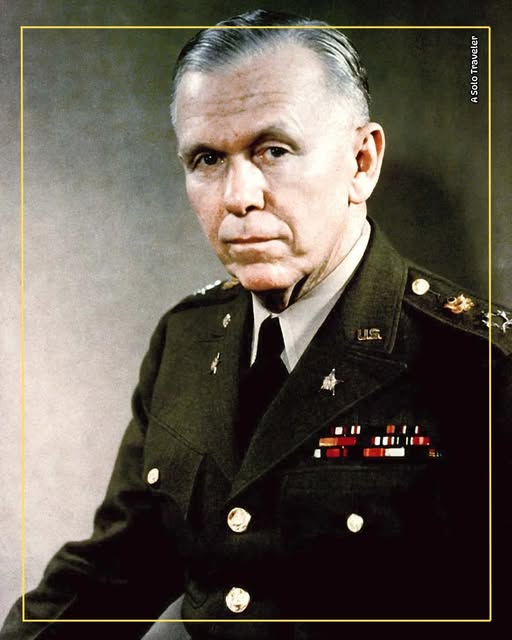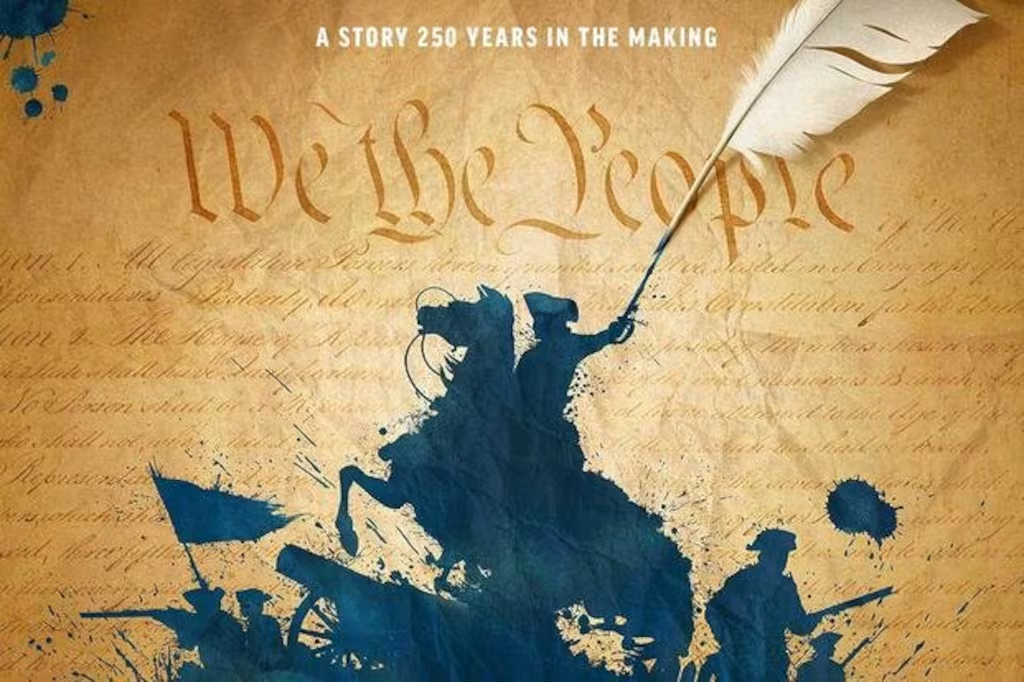“A democracy cannot survive merely by being well informed, it must also be contemplative, and wise.” – E.B. White

John and Jeremy Zogby are part of the team at Zogby Strategies whose mission is to examine Americans’ thinking to keep us better informed, and hopefully, more “contemplative and wise.”
Before Tuesday’s election, both correctly recognized that the race between Trump and Biden was much closer than others believed – 49 percent for Biden; 43 percent for Trump.
Jeremy produces The IntelligenSEER, a weekly report that distills polling and combined with historical perspective, gives us a clearer picture of where America may well be headed. This week’s report entitled, The Reset or The Anchor reveals much behind the thinking of both democrats and republicans.
In an email exchange, Jeremy observes that the popular vote totals between Trump and Biden indicate an equal divide between urban and rural America, something that surprised me and much of the media.
According to countrystudies.us, a similar conflict took place in the 1790s between the Federalists and Antifederalists.
“The Federalists, led by Alexander Hamilton… represented the urban mercantile interests of the seaports; the Antifederalists, led by Thomas Jefferson, spoke for the rural and southern interests. …
“Jefferson advocated a decentralized agrarian republic. He recognized the value of a strong central government in foreign relations, but he did not want it strong in other respects. Hamilton’s great aim was a more efficient organization, whereas Jefferson once said, ‘I am not a friend to a very energetic government.’ Hamilton feared anarchy and thought in terms of order; Jefferson feared tyranny and thought in terms of freedom.”
“‘We live, without question, in Hamilton’s America,’ says Stephen F. Knott, professor of national security affairs at the United States Naval War College and co-author of ‘Washington and Hamilton: The Alliance That Forged America.’
“‘Hamilton had the foresight to see the United States emerging as an economic and military power that would surpass Great Britain and the other European powers. All of Hamilton’s policies as treasury secretary and as President Washington’s closest advisor were designed to convince his fellow Americans to, as Hamilton put it, “think continentally.” He wanted the citizenry to think of themselves first and foremost as Americans—not New Yorkers or Virginians.’ ”
Today, “I’m afraid we’re headed down the path of political tribalism,” Jeremy Zogby observes.
“In a tribal culture – individuals only understand the ways of their kinship and have a difficult time empathizing with those outside their kin or kind. This results in seeing how others do things differently as wrong and even foolish. I’m seeing this trend intensify and play out in politics – a total loss in the ability to understand the other – and it’s getting beyond that.
“We should never forget George Washington’s farewell speech,” Jeremy emphasizes. “Many of us get the gist but are not taking it seriously.”
In a speech that spoke of his love of country, Washington was humble but firm on what he believed could be a grave internal threat.
Speaking of rigid party loyalties, Washington warned they could “…become potent engines, by which cunning, ambitious, and unprincipled men will be enabled to subvert the power of the people and to usurp for themselves the reins of government, destroying afterwards the very engines which have lifted them to unjust dominion. …
“It agitates the community with ill-founded jealousies and false alarms, kindles the animosity of one part against another, foments occasionally riot and insurrection. It opens the door to foreign influence and corruption, which finds a facilitated access to the government itself through the channels of party passions. …
“… A fire not to be quenched, it demands a uniform vigilance to prevent its bursting into a flame, lest, instead of warming, it should consume.”
“We should be wary of political parties,” Jeremy says. “Yet, I see people treating party identification like religion. Citizens should not rely on the leadership of political parties who are at war with each other.”
First and foremost, we must think of ourselves as Americans – not red or blue.
Comments
Leave a Comment











Glad to hear that there are THINKERS (like Zogby Strategies), and that our country has survived other conflicts.
Yes, we can be UNITED states, again.